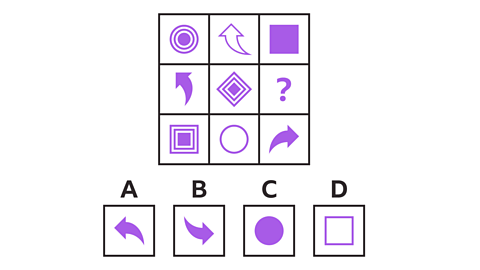Fancy a touch typing challenge?
Challenge yourself to successfully complete a touch typing game designed for 7-11 year olds.
Touch typing is the ability to type without looking down at the keyboard. It was invented in 1988 by Frank Edward McGurrin, a court A person who is trained to type or write in shorthand. who gave typing classes.
Touch typing is often taught on a QWERTY keyboard, meaning that the centre row keys are ASDFG and HJKL;. The centre row of keys on a keyboard is known as the home row.
The home row keys are used to position the fingers of your hands when typing. By keeping this hand position, through practice, typists are able to find the right keys without looking at their hands.
Touch typing can be a difficult skill to perfect, but practice leads to greater speed and accuracy. The average words per minute (WPM) is around 40. However, among people who use touch typing every day or for their work, speeds can be 60-90 WPM.

Play Dance Mat Typing
Put your touch typing skills to the test with this BBC Bitesize touch typing game.
Dance Mat Typing is a game split into four levels, each with three stages. As you move through the levels, they will become more challenging and test your ability to touch type without looking at the keyboard.
Dance Mat Typing
Learn how to touch type with Dance Mat Typing.


This article was published in November 2024
Looking for quizzes, amazing stories and fun facts?
Bitesize Topical has it all!

Twelve quick quizzes to give your brain a workout
Send your brain to Bitesize-d boot camp with these bitty brainteasers.

Can you bring light to the islands of Ichi in this epic maths quiz?
Try solve these challenging maths puzzles in this Divided Islands teaser quiz.

Five forgotten punctuation marks
Just like the vocabulary we use when we write, the full stops, commas and semi-colons we punctuate with have also changed over time.
